EU Circular Economy Resource Centre
EU CERC promotes circular economy uptake and cooperation between the EU and partner countries.
The circular economy transition needs new partnerships, rules and business readiness. The EU Circular Economy Resource Centre (EU CERC) is an initiative aiming at accelerating the global transition to a circular economy. We want to increase the uptake of sound and inclusive circular economy practices, policies and business models globally.
The centre serves as a collaboration platform between the EU and partner countries to ensure that the circular economy can advance fast enough and on a large enough scale. We provide accessible resources, expertise and guidance, and share knowledge to support success. We work in close collaboration with the World Circular Economy Forum (WCEF) and its partners—a platform facilitating global collaboration since 2017.
The work is designed to complement and add value to existing initiatives that support countries’ work on the circular transition.
Latest
Why are we doing this?
The circular economy is good for business, decent jobs, strong and resilient economies, and the environment. It also provides an opportunity for driving a balanced societal development and a just and inclusive transition empowering young people and women.
At the same time, countries face increasing pressure to adopt circular economy practices: shifting geopolitical landscape, emission reduction targets, resource scarcity and biodiversity loss. Simultaneously, the EU’s vision of a circular single market, defined in the Circular Economy Action Plan, is raising the requirements on products and services provided by partner countries.
The circular transition cannot be achieved alone—we need global collaboration to do it together. Value chains for products and materials are global and transnational, and measures are needed across borders and value chains.
Building mutually beneficial partnerships facilitates the exchange of knowledge, best practices and lessons learned between EU and partner countries, leveraging capacities that drive progress towards circularity.
Despite a growing pool of circular economy experience and knowledge, much of these often remain out of reach for those who need it most—policymakers and businesses striving to make this shift. There’s a clear disconnect between what’s available and what’s accessible to policymakers and businesses in need of guidance.
Through the EU CERC, we link the supply to the demand, building mutually beneficial partnerships between the EU and partner countries. We want to ensure future prosperity and resilience globally with the circular economy—for everyone.
Materials
Want to learn?
How do we work?
With the EU CERC, we want to work together to help transform economies. We bring support to decision makers to adjust policies, creating an enabling operating environment for the circular economy. We also help enterprises and organisations to take up circular economy business models and create circular ecosystems.
This is done by mobilising EU circular economy know-how and learnings to meet partner countries’ needs, through three labs.
The EU Circular Economy Resource Centre operates on three main areas:
Knowledge Lab
The Knowledge Lab offers demand-driven support to EU partner countries. The lab matches demand for support with supply, including by facilitating access to circular economy knowledge and best practices.
Services offered:
- Advisory and network support: online knowledge platform, continuous foresight and analysis
- Exchange with partner countries: demand-based short-term technical assistance and peer-to-peer exchanges to support partner country needs
- Outlook report: comprising knowledge gathered at EU CERC
Policy Lab
The Policy Lab supports the development and implementation of circular economy policies and road maps in partner countries.
Services offered:
- Road maps: support for national circular economy road map processes
- Policy support: Access to know-how, advice and tools on eco-design
- Award: Promoting the implementation of circular policies through an annual Policy Implementation Award handed out at the World Circular Economy Forum
Business Lab
The Business Lab supports the circular economy transition and market access for enterprises and sectors in partner countries and strengthens collaboration between EU and partner countries’ enterprises.
Services offered:
- Reinforced business networks: Strengthening four business hubs or networks in partner countries through capacity building activities and grants
- Support: Giving short-term demand-driven support to businesses, business support organisations and cities through business scans, support for investment readiness, mapping cities with circular businesses, training of trainers, peer-to-peer exchanges and visits
- Investment fora: Providing financial institutions with knowledge and tools to increase circular economy investment forum OR participating in circular economy investment fora
- Awards: Promoting innovative circular businesses and practices through annual Business Awards, handed out at the World Circular Economy Forum (read more about the 2026 Business Award LAC)
Our services
We can help your circular economy project needs through:
- Technical assistance: Providing access to EU circular economy know-how based on requests
- Peer-to-peer learning: Facilitating exchange and matchmaking between diverse stakeholders in the EU and partner countries, and arranging study visits to the EU
- Research support: Sharing foresight and expertise across sectors and policy areas
- Collaboration support with various stakeholders
- Compliance support in preparation for new EU policies including the Circular Economy Action Plan (CEAP) and Ecodesign for Sustainable Products Regulation (ESPR), to facilitate market access.
Influence around the world
Global outreach
The EU CERC supports the uptake of circular economy policies and business models in ODA eligible countries. The list below is based on OECD’s list of ODA recipient countries, with some exceptions.
Key activities we support through the EU CERC include national road maps, eco-design and business model innovation and training provided through business support organisations (particularly with an urban focus), investment readiness; lifestyle-related activities and circular solutions that support global trade and productivity, global security and resilience; as well as implementation of nature and climate targets.
We are also directing particular attention toward circular economy actions in line with the 9Rs circular economy hierarchy that are additional and have long-term impact, promote a fair and gender-inclusive transition, have synergies with EU circular economy policy and existing EU development programmes (including the EU Global Gateway) and support harmonisation at a regional level, as well as exchange between EU and partner countries.
Country list
- Afghanistan
- Albania
- Algeria
- Angola
- Antigua and Barbuda
- Argentina
- Armenia
- Azerbaijan
- Bangladesh
- Belize
- Benin
- Bhutan
- Bolivia
- Bosnia and Herzegovina
- Botswana
- Brazil
- Burkina Faso
- Burundi
- Cabo Verde
- Cambodia
- Cameroon
- CAR
- Chad
- China
- Colombia
- Comoros
- Congo
- Costa Rica
- DRC
- Côte d’Ivoire
- Cuba
- Djibouti
- Dominica
- Dominican Republic Ecuador
- Egypt
- El Salvador
- Equatorial Guinea
- Eritrea
- Eswatini
- Ethiopia
- Fiji
- Gabon
- The Gambia
- Ghana
- Georgia
- Grenada
- Guatemala
- Guinea
- Guinea-Bissau
- Guyana
- Haiti
- Honduras
- India
- Indonesia
- Iraq
- Jamaica
- Jordan
- Kazakhstan
- Kenya
- Kiribati
- Kosovo
- Kyrgyzstan
- Laos
- Lebanon
- Lesotho
- Liberia
- Libya
- Madagascar
- Malawi
- Malaysia
- Maldives
- Mali
- Marshall Islands Mauritania
- Mauritius
- Mexico
- Micronesia
- Moldova
- Mongolia
- Montenegro
- Morocco
- Mozambique
- Myanmar
- Namibia
- Nauru
- Nepal
- Nicaragua
- Niger
- Nigeria
- North Macedonia
- Pakistan
- Palau
- Palestine
- Panama
- Papua New Guinea Paraguay
- Peru
- Philippines
- Rwanda
- Saint Lucia
- Saint Vincent and the Grenadines
- Samoa
- Sao Tome & Principe
- Senegal
- Serbia
- Sierra Leone
- Solomon Islands
- Somalia
- South Africa
- South Sudan
- Sri Lanka
- Sudan
- Suriname
- Tajikistan
- Tanzania
- Thailand
- Timor-Leste
- Togo
- Tonga
- Tunisia
- Republic of Türkiye
- Turkmenistan
- Tuvalu
- Uganda
- Ukraine
- Uzbekistan
- Vanuatu
- Venezuela
- Vietnam
- Yemen
- Zambia
- Zimbabwe
Get in touch with us
Want our support? Click below to reach out to us!
Who is behind this?
The EU CERC is a joint initiative:
Background
The EU Circular Economy Resource Centre (EU CERC) is a joint initiative of the European Commission, the Finnish Ministry for Foreign Affairs, Finnish Innovation Fund Sitra and the Belgian agency for international cooperation Enabel.
EU CERC is co-funded by the European Union’s Directorate-General for International Partnerships (DG INTPA) with a total of €15 million and the Finnish Ministry for Foreign Affairs with a national contribution of €2 million. The centre will operate through 2025-2029.
Privacy policy (coming soon)
Co-funded by
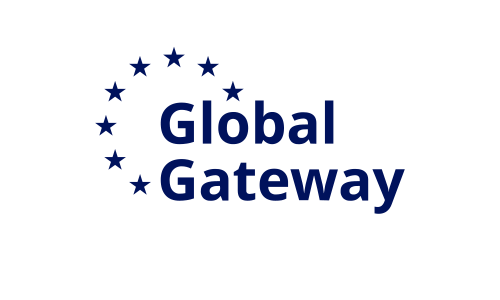


Implemented by
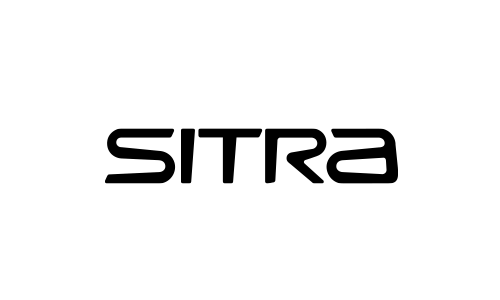

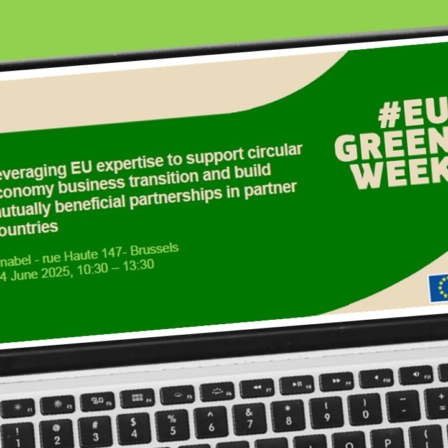

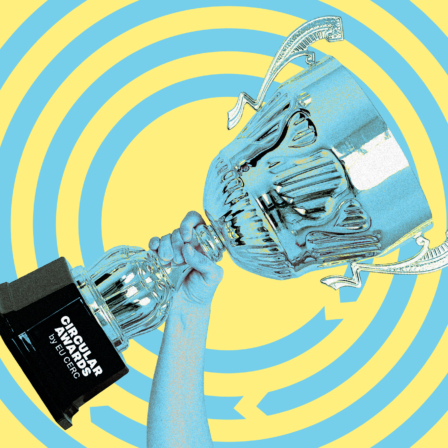









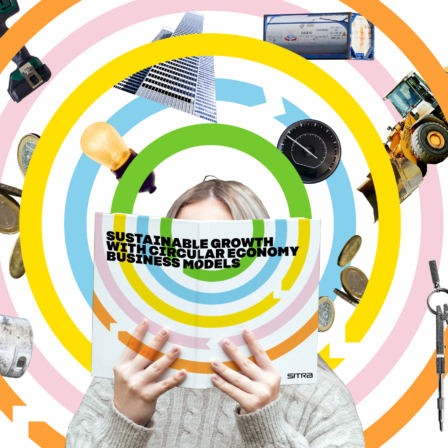

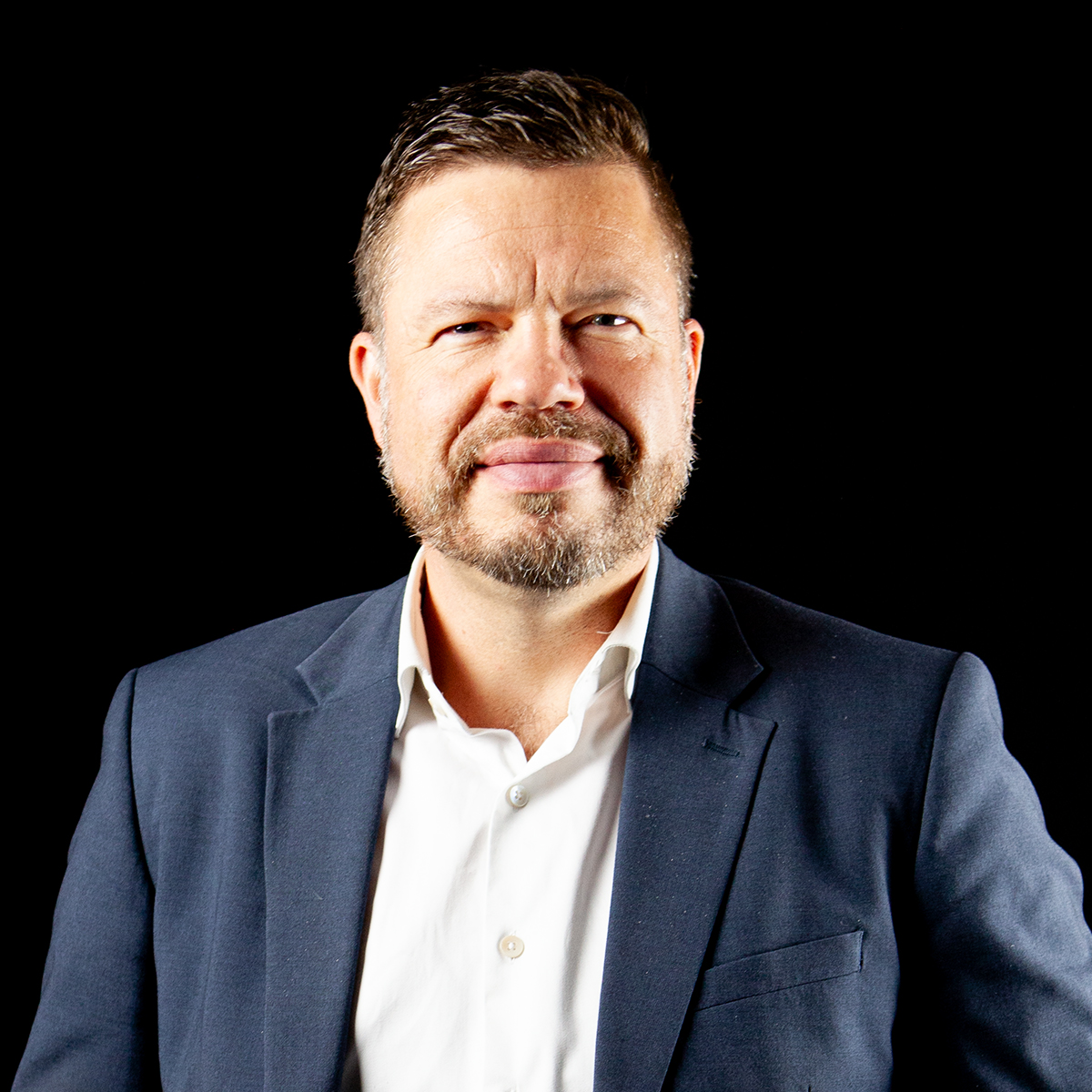
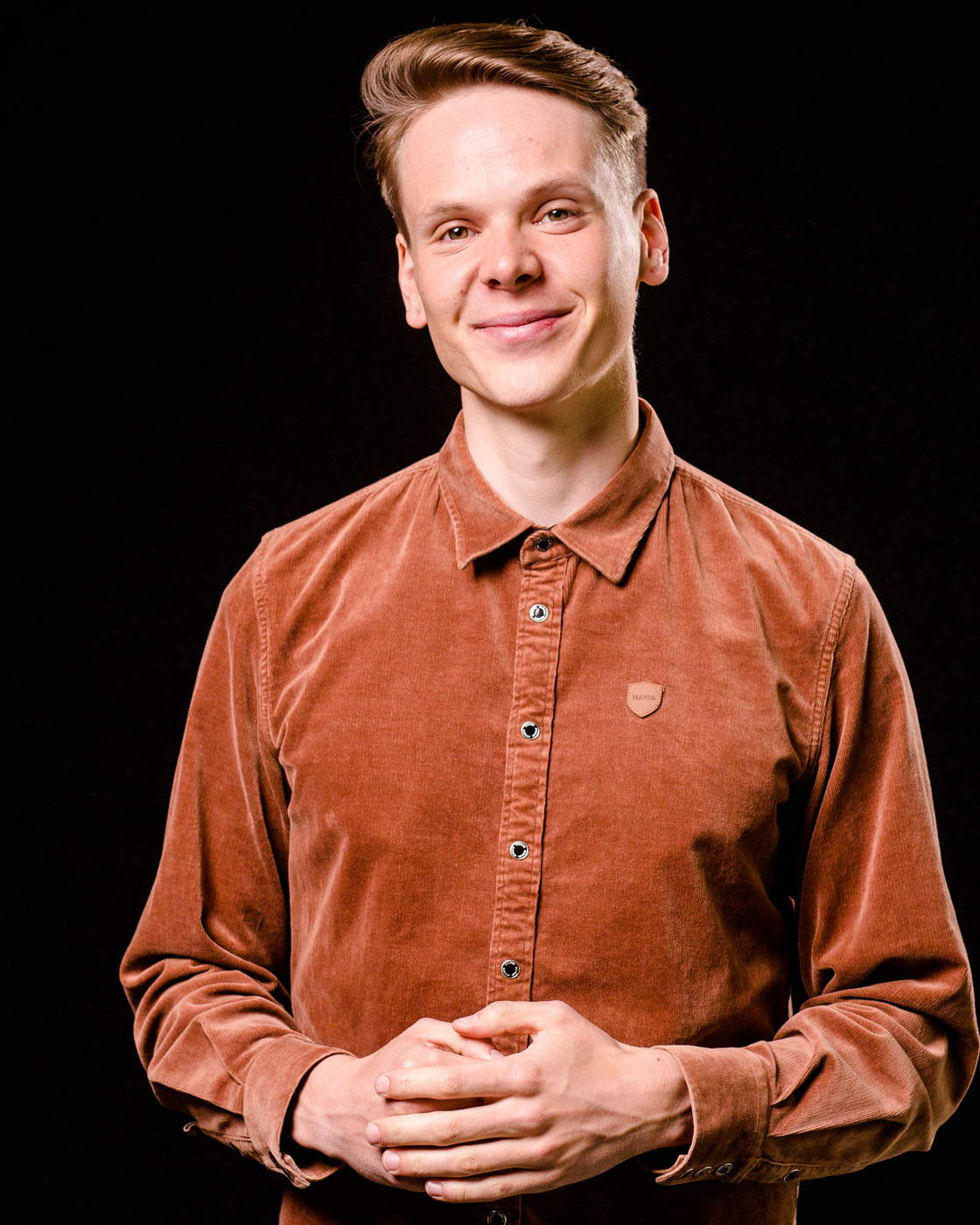

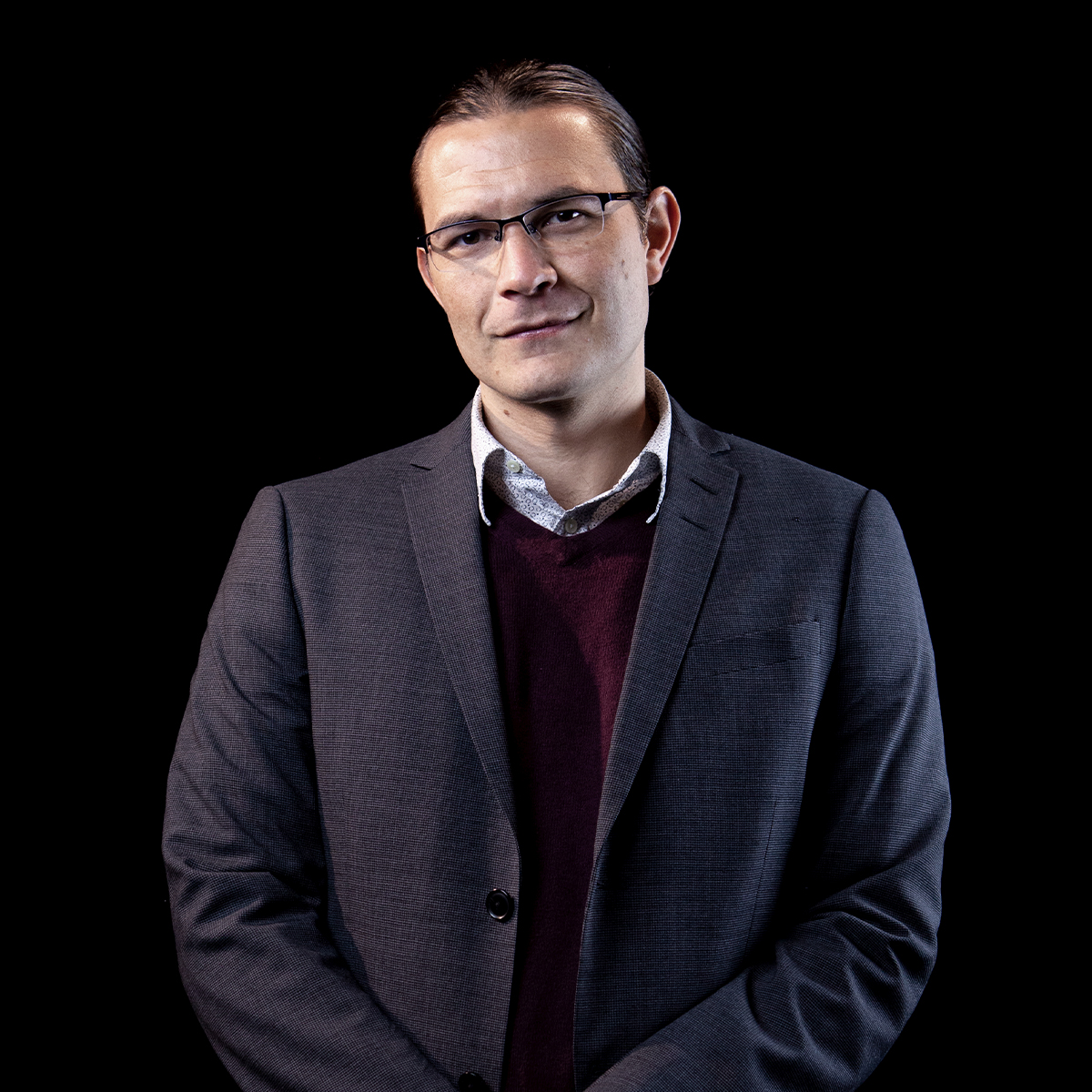
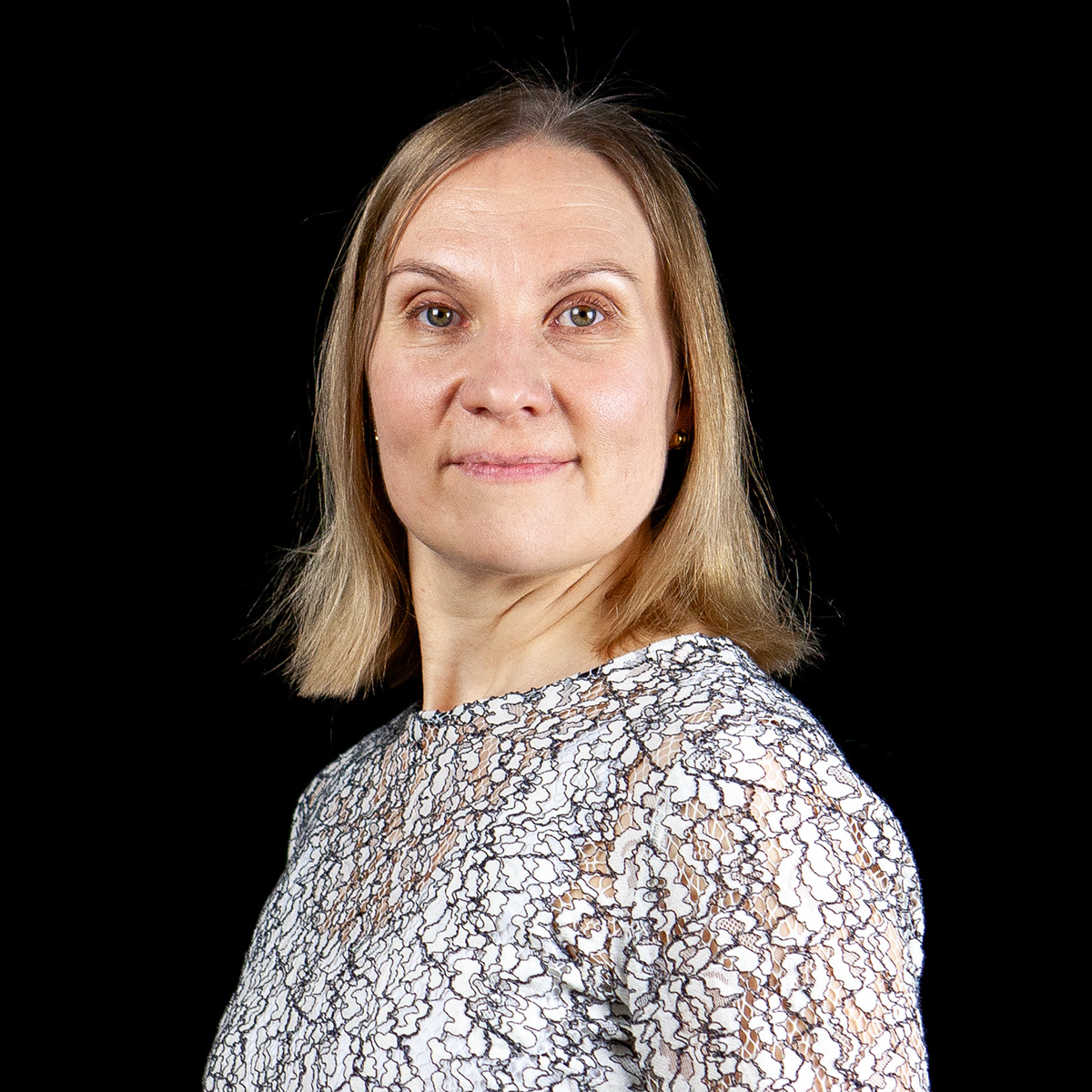

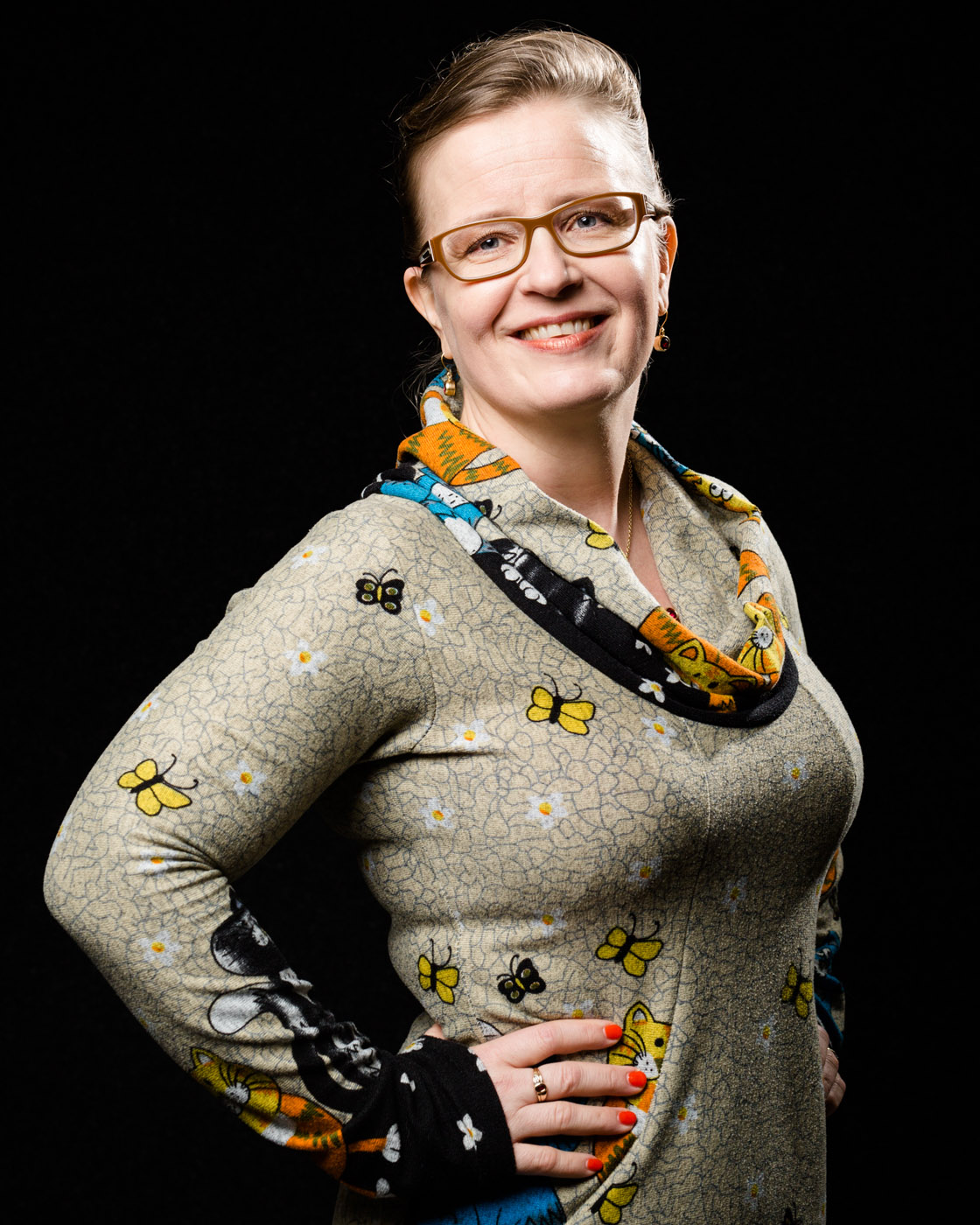
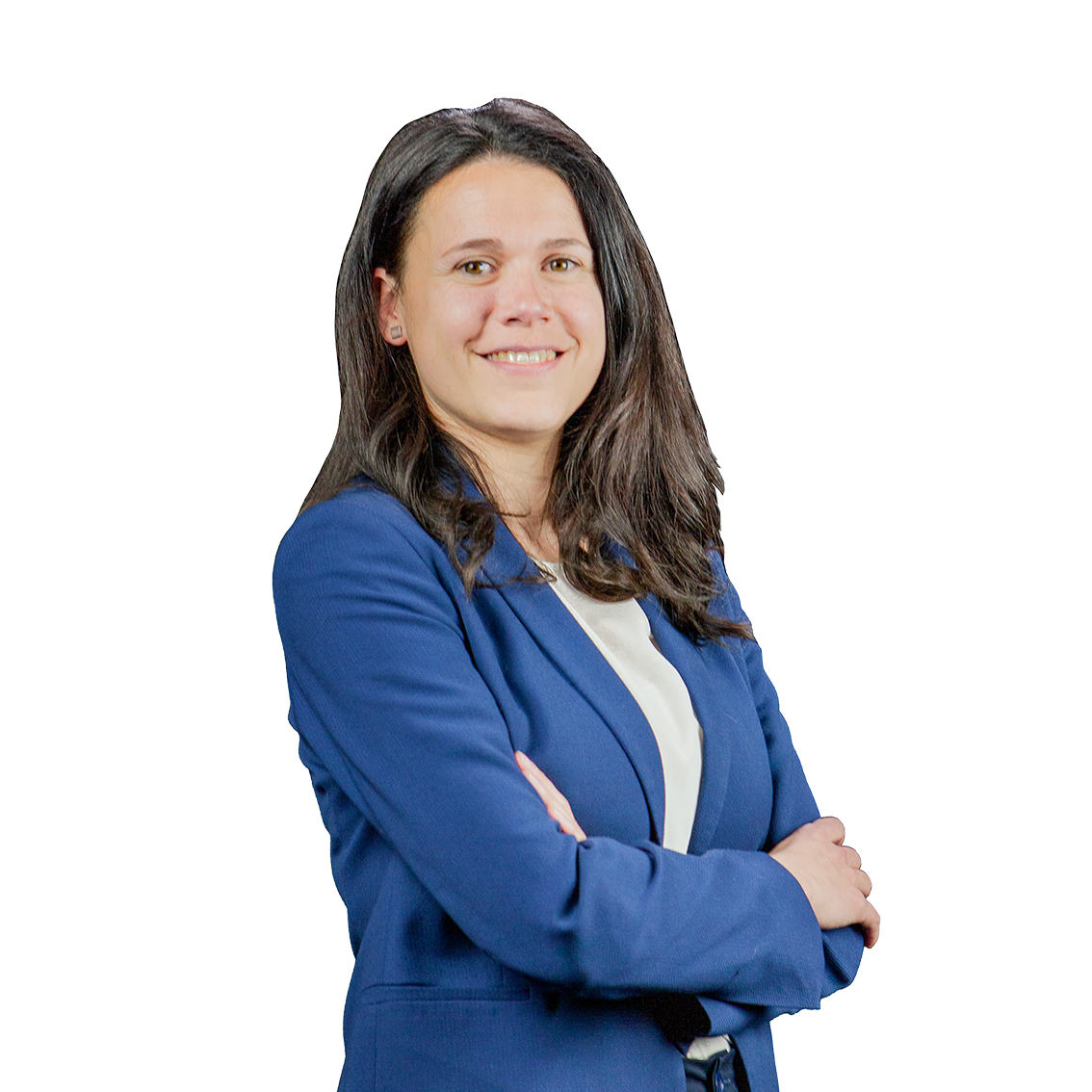

What is it about?